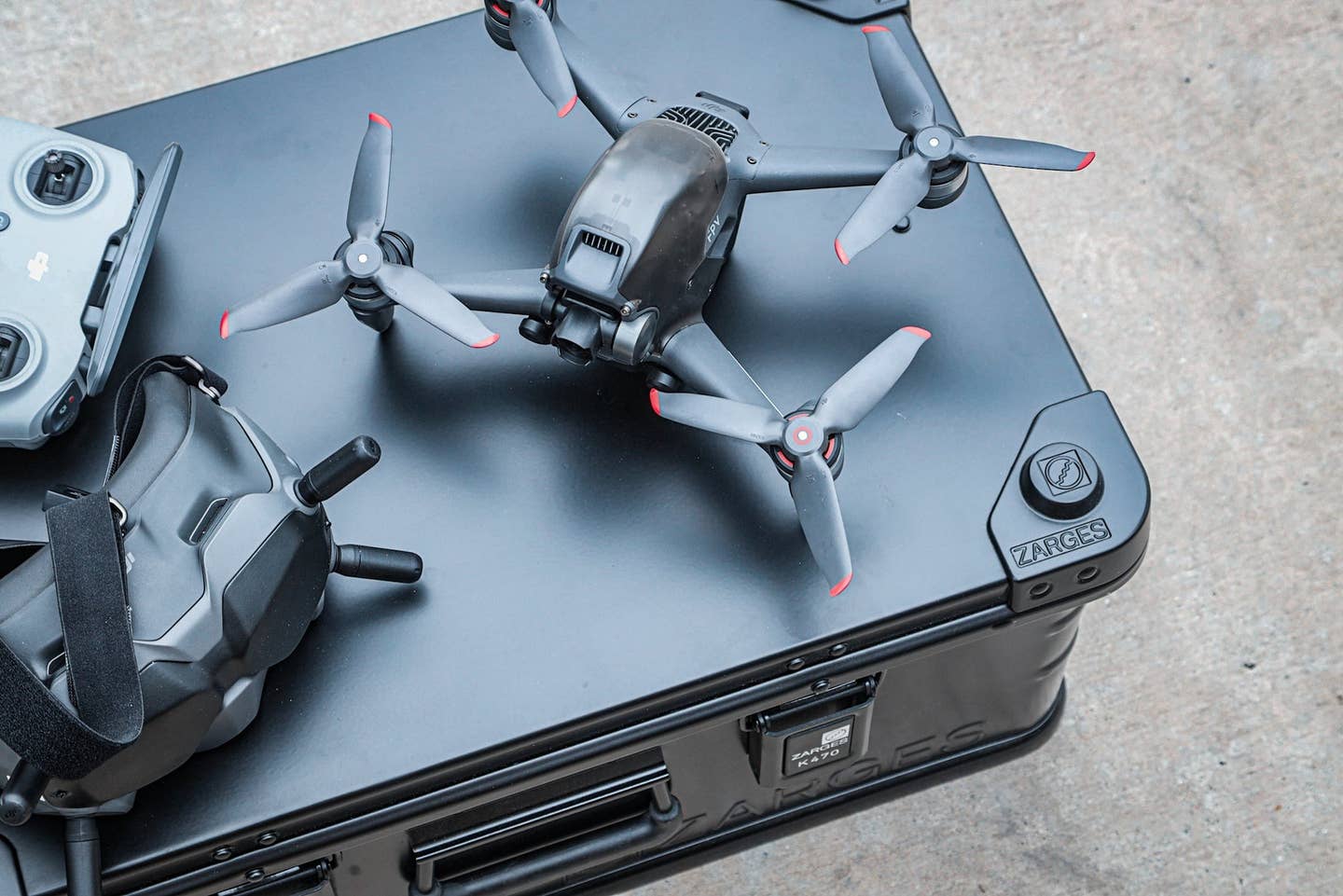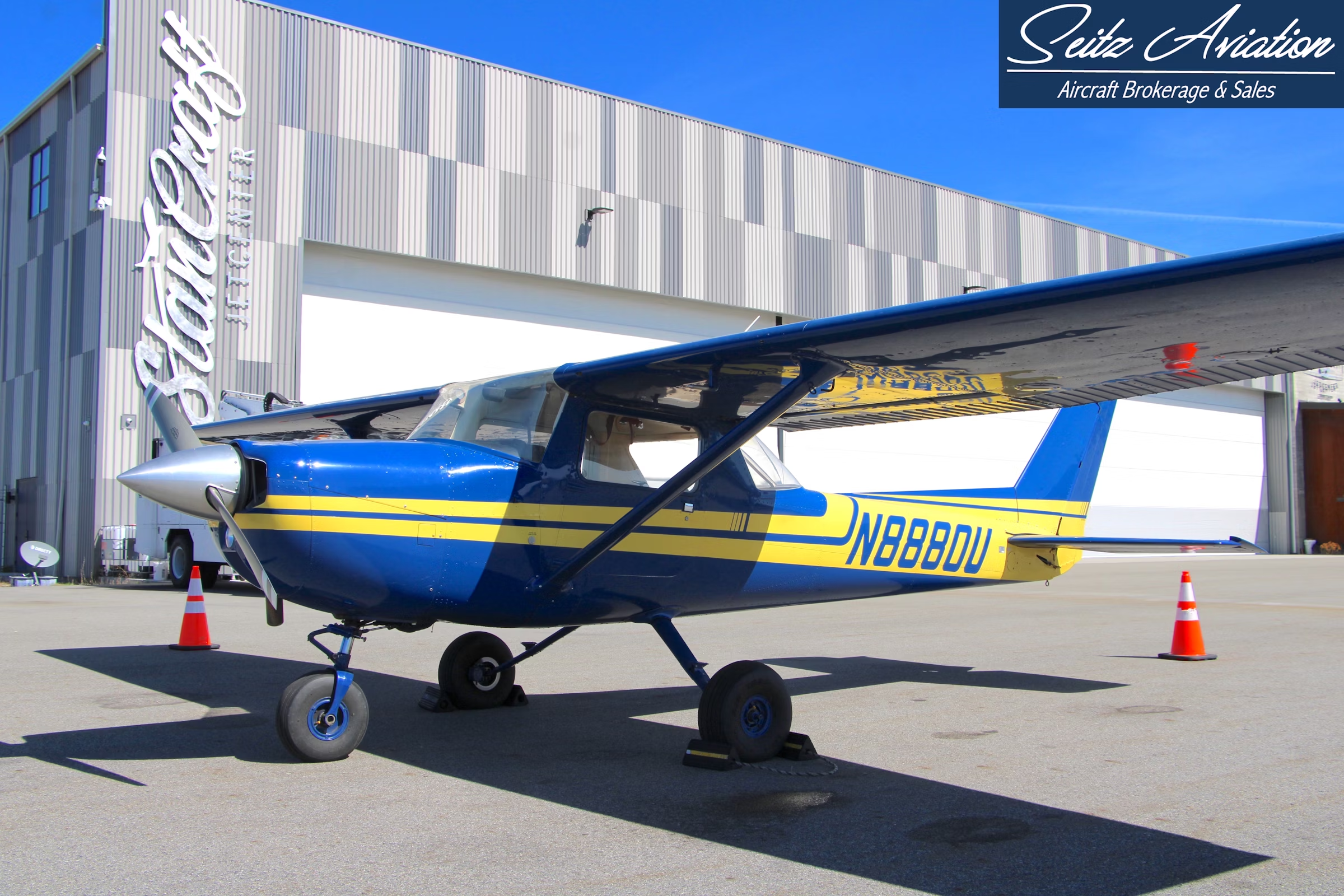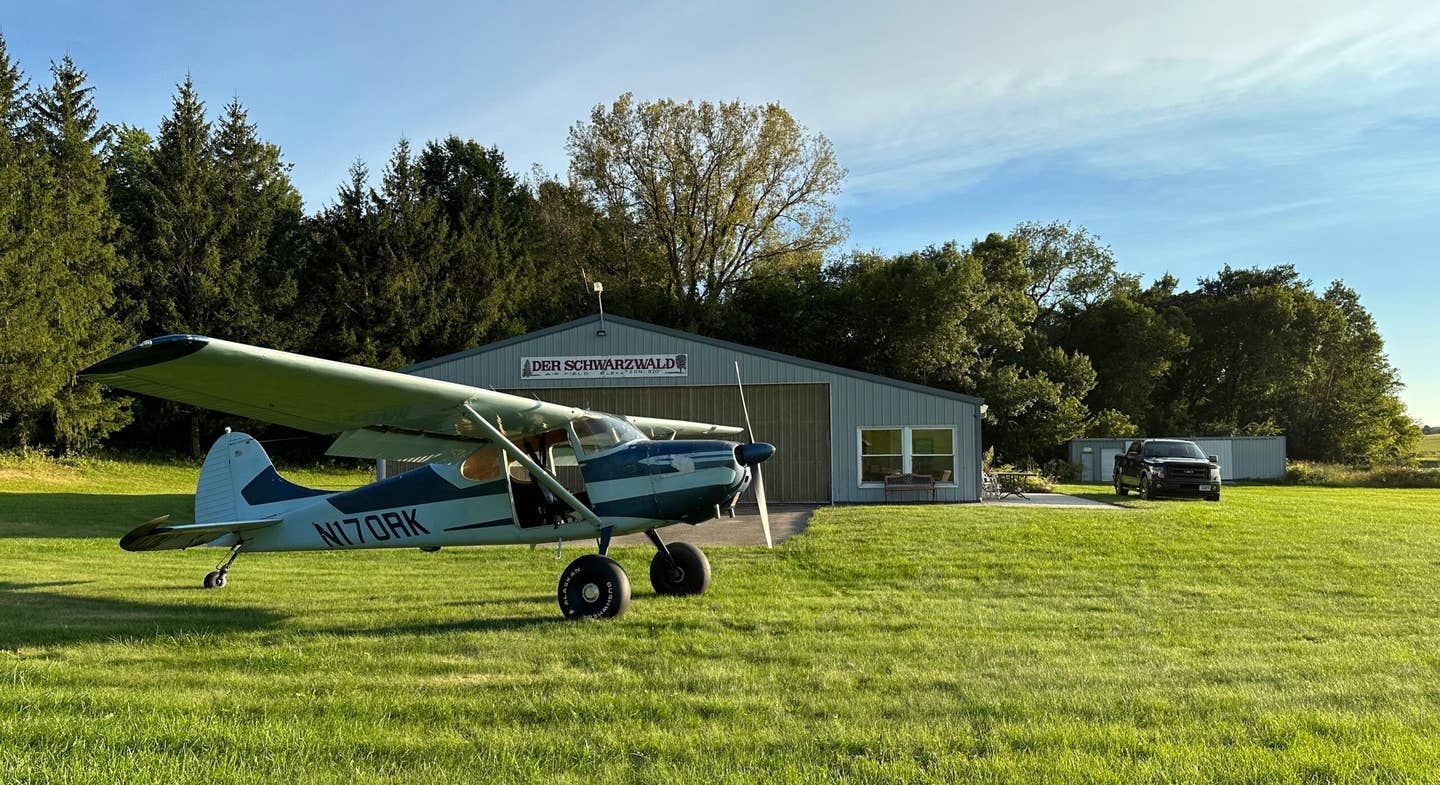Who’s to Blame for Flight Disruptions During Fourth of July?
Friday was the busiest U.S. air travel day on record as the TSA screened more than 2.8 million passengers.

June 30, 2023 marked the busiest U.S. air travel day on record as TSA screened more than 2.8 million passengers—slightly beating the previous record set in November of 2019. [Credit: Shutterstock]
Travelers hoping for a relaxing holiday weekend were instead met with headaches and frustration as thousands of flight delays and cancellations occurred across the country.
Weather, especially in the Northeast, wreaked havoc on airline operations—stranding passengers for several days in some cases. According to FlightAware data, United Airlines was responsible for the brunt of disruptions with more than 3,000 flights—or 17 percent of its schedule—canceled last week.
Following the meltdown, United CEO Scott Kirby lashed out at the FAA, blaming the agency’s lack of air traffic control (ATC) staffing at major airport facilities in the Northeast for the difficulties. Kirby pointed out the FAA reduced arrival rates at Newark, New Jersey, by 40 percent and departure rates by 75 percent, noting the move “led to massive delays, cancellations, diversions, as well as crews and aircraft out of position.”
JetBlue also joined United in accusing the FAA of causing congestion in the Northeast with company president Joanna Geraghty telling employees “the severity and lengthy duration of the latest programs were worse than we have seen in the past with similar weather.”
Transportation Secretary Pete Buttigieg countered the criticism by arguing that ATC problems account for less than 10 percent of the delay minutes in the system.
“I want to be very clear,” Buttigieg said. “Airr traffic control issues are not the No. 1 issue causing cancellations and delays. They’re not even the No. 2 issue. All the data, including the industry’s own data, is very clear on that.”
Instead, Buttigieg labeled severe weather as the leading cause of the delays. In an interview with CNN, he noted that United Airlines had some internal issues to work out: “They’ve really been struggling this week, even relative to other U.S. airlines.”
Others, including United’s pilot union, contend management is largely to blame.
“United’s travel disruptions this week stem from one source—company senior management’s inadequate planning and insufficient investment in the airline infrastructure,” said Captain Garth Thompson, head of the Air Line Pilots Association unit at United. “It’s time for United leadership to change their thinking and invest in its labor, staff support, and facilities with updated contracts instead of ensuring our CEO has the highest salary.”
But the cancellations were just the beginning of United’s woes. To make matters worse, Kirby was forced to apologize after being caught chartering a private jet from New Jersey to Colorado while his customers were left stranded at airports, NBC News reported. In a statement, Kirby admitted the decision was “insensitive” and vowed to “better demonstrate my respect for the dedication of our team members and the loyalty of our customers.” United noted it did not pay for the charter.
Following the airline’s operational issues, Kirby addressed what went wrong and how the carrier can better prepare to minimize such events in the future.
"Airlines, including United, simply aren't designed to have their largest hub have its capacity severely limited for four straight days and still operate successfully," Kirby said.
Kirby highlighted five points that will reduce the chance of subsequent disruptions: improving crew technology, working with the FAA, helping the FAA find long-term solutions—such as support of a bipartisan FAA reauthorization bill—balancing departures and arrivals, and operating with more gates in Newark.
To the relief of many, operations seem to be improving with data from FlightAware showing flight cancellations slowing from 8 percent at the beginning of last week to just below 2 percent Friday and Saturday. However, the issue continues to be a problem with roughly 30 percent of flights delayed for the past 10 consecutive days. Meanwhile, the FAA expects around 50,000 flights Wednesday as travelers return home from holiday vacations.
Demand for travel isn’t slowing down anytime soon. Friday marked the busiest U.S. air travel day on record as TSA screened more than 2.8 million passengers—slightly beating the previous record set in November of 2019.
Buttigieg has reiterated the FAA’s plan to recruit more staff in the next few years, including hiring 1,500 controllers this year and 1,800 next year to better handle air traffic.
"We're also working on staffing models that can better address the needs on the ground and cooperating where possible and where appropriate with airlines on things that can make better use of the same national airspace," Buttigieg said.

Sign-up for newsletters & special offers!
Get the latest FLYING stories & special offers delivered directly to your inbox






